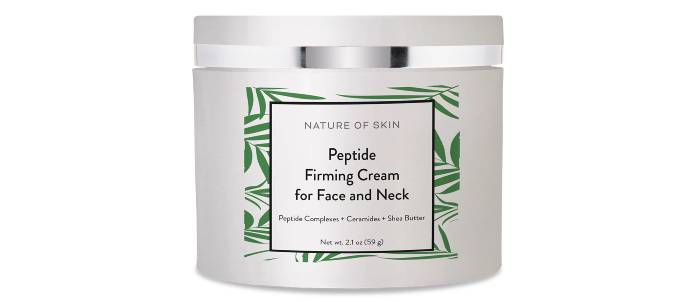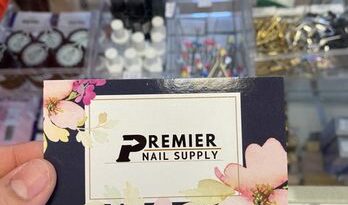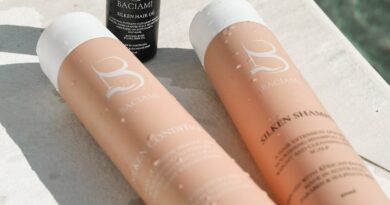The Secret to Long-Lasting Skin Hydration in Dry Weather
When the weather turns dry, maintaining hydrated and glowing skin becomes a challenge. Harsh environmental conditions like low humidity and cold winds can strip your skin of its natural moisture, leaving it dull, itchy, and prone to premature aging. However, with the right skin hydration products and practices, you can keep your skin supple and radiant year-round. Here’s how to combat dryness effectively and achieve long-lasting hydration.
Understanding the Science of Skin Hydration
Before diving into solutions, it’s important to understand how your skin retains moisture. The outermost layer of your skin, known as the stratum corneum, acts as a barrier to keep moisture in while protecting against external irritants. When this barrier is compromised, water loss occurs, leading to dry and flaky skin. To combat this, skin hydration products focus on two main mechanisms:
- Humectants: Ingredients like hyaluronic acid and glycerin attract moisture from the environment and bind it to your skin.
- Emollients and Occlusives: Substances such as shea butter, ceramides, and oils seal in the moisture and strengthen the skin barrier.
Best Skin Hydration Products for Dry Weather
To achieve long-lasting hydration, it’s essential to incorporate the right products into your skincare routine. Below are the top categories and ingredients to look for:
1. Hydrating Cleansers
Dry skin can worsen if you’re using a cleanser that strips away natural oils. Opt for a gentle, non-foaming cleanser with hydrating ingredients like:
- Aloe vera
- Ceramides
- Oat extract
For example, cream-based cleansers or micellar water formulas are excellent choices.
2. Hyaluronic Acid Serums
Hyaluronic acid is a powerhouse ingredient that holds up to 1,000 times its weight in water. Applying a hyaluronic acid serum before your moisturizer ensures that your skin stays plump and hydrated.
- Tip: Apply it on slightly damp skin for better absorption.
3. Moisturizers with Ceramides
Ceramides are lipids that help restore the skin barrier, locking in moisture and preventing trans-epidermal water loss. Look for moisturizers labeled “intense hydration” or “for dry skin.”
Recommended products:
- Thick creams with ceramides
- Formulas containing natural oils like jojoba or argan oil
4. Facial Oils
Adding a facial oil to your routine can provide an extra layer of moisture. Oils like squalane, rosehip, and marula are lightweight yet highly nourishing.
- Use these as the last step in your nighttime routine to seal in all previous products.
5. Hydrating Masks
For an occasional hydration boost, use a mask designed for dry skin. Sheet masks soaked in hydrating serums or overnight sleeping masks can work wonders.
Key Skincare Practices for Long-Lasting Hydration
While products play a vital role, your skincare habits also determine how well your skin retains moisture. Here are some best practices:
1. Avoid Overwashing
Frequent washing can strip your skin of essential oils. Stick to cleansing your face twice a day and avoid using hot water, as it can exacerbate dryness.
2. Layer Your Products Correctly
The order of application matters. Follow this sequence for optimal hydration:
- Cleanser
- Hydrating toner
- Serum (preferably with hyaluronic acid)
- Moisturizer
- Sunscreen (morning routine)
3. Exfoliate Regularly
Dead skin cells can block hydrating products from penetrating effectively. Use a gentle exfoliator once or twice a week to remove buildup.
4. Use a Humidifier
Indoor heating systems can lower humidity levels, further drying out your skin. A humidifier adds moisture back into the air, keeping your skin hydrated.
5. Hydrate from Within
Your skin reflects your overall hydration levels. Drink plenty of water and eat hydrating foods like cucumbers, watermelon, and oranges to nourish your skin from the inside out.
Common Ingredients to Look for in Skin Hydration Products
When selecting skincare products, pay close attention to the ingredient list. Some must-have ingredients for hydration include:
- Hyaluronic Acid: Deeply hydrates and plumps the skin.
- Glycerin: Draws moisture from the air into the skin.
- Ceramides: Strengthens the skin barrier and retains moisture.
- Niacinamide: Reduces water loss and enhances skin elasticity.
- Shea Butter: Provides deep nourishment and forms a protective barrier.
- Panthenol: Soothes and hydrates sensitive skin.
Hydration Tips for Different Skin Types
Not all skin types respond to hydration products in the same way. Here’s how to tailor your routine:
1. Dry Skin
- Use rich creams and facial oils.
- Avoid products with alcohol or sulfates.
2. Oily Skin
- Opt for lightweight, gel-based moisturizers.
- Look for non-comedogenic labels to prevent clogged pores.
3. Sensitive Skin
- Choose fragrance-free and hypoallergenic products.
- Patch-test new products to avoid irritation.
4. Combination Skin
- Use a balancing moisturizer that hydrates without feeling heavy.
- Apply richer products to drier areas and lighter ones to oily zones.
Long-Term Benefits of Proper Skin Hydration
Consistently using effective skin hydration products and following a dedicated routine offers numerous long-term benefits:
- Improved Skin Texture: Well-hydrated skin feels smoother and looks more even.
- Reduced Signs of Aging: Hydration minimizes the appearance of fine lines and wrinkles.
- Enhanced Barrier Function: A strong skin barrier protects against environmental damage.
- Glowing Complexion: Hydrated skin appears radiant and healthy.
Conclusion
Dry weather doesn’t have to mean dry skin. By choosing the right skin hydration products and adopting healthy skincare habits, you can keep your skin soft, plump, and glowing all year round. From hyaluronic acid serums to ceramide-rich moisturizers, the secret to long-lasting hydration lies in a combination of effective products and mindful practices. So, invest in your skincare routine today and enjoy the benefits of deeply hydrated skin even in the harshest conditions.




